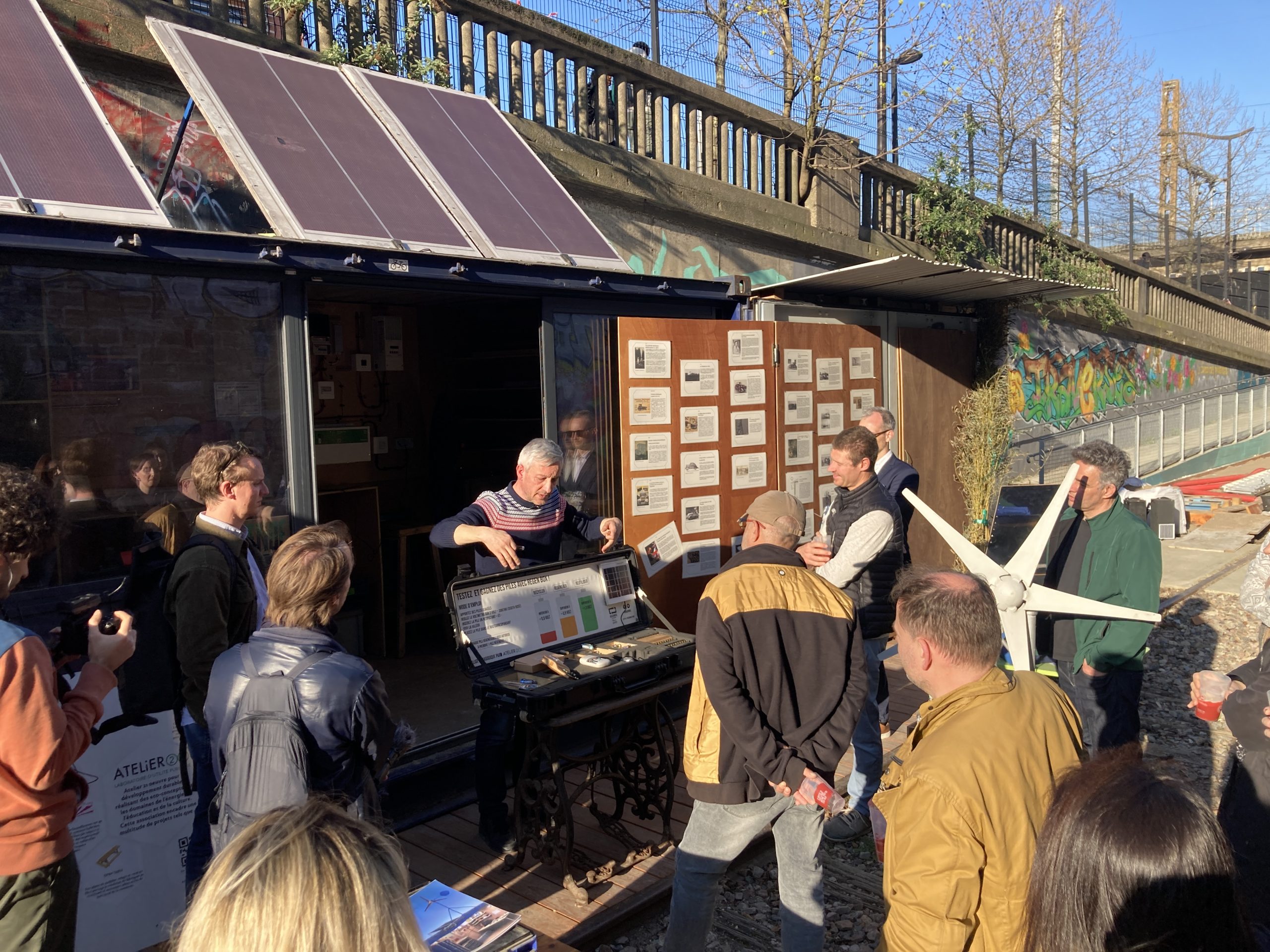
Atelier 21: The Citizen Ecolab Making the Energy Transition Tangible
Atelier 21 is a Paris-based ecological laboratory that explores new ways of engaging with energy, making it visible and accessible through hands-on learning, cultural projects,
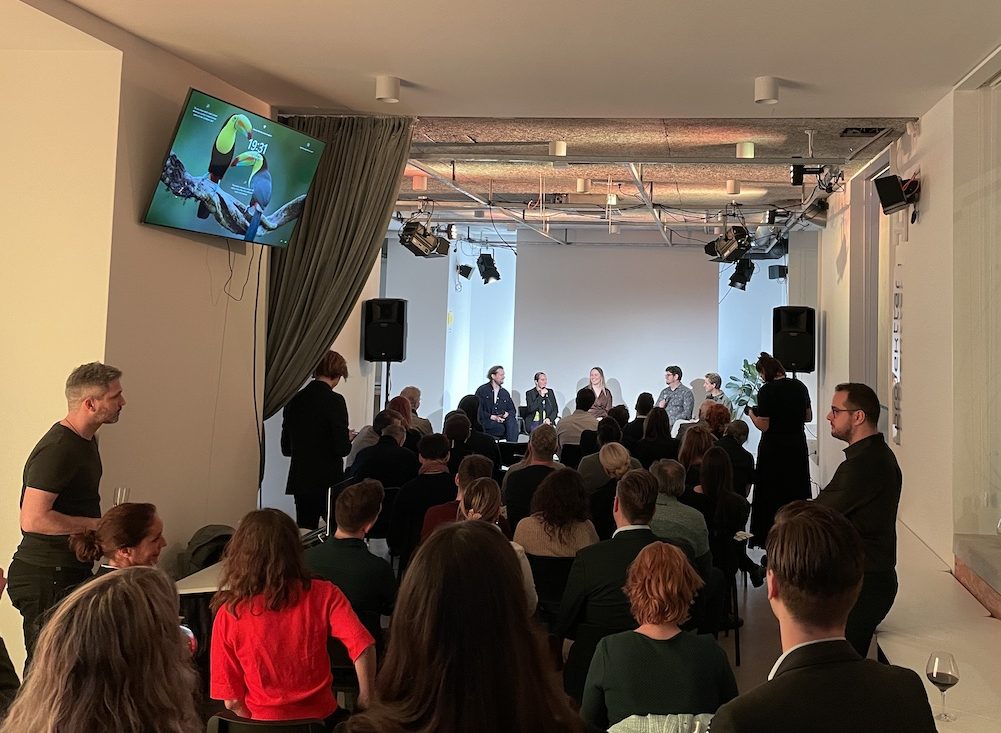
Building new communities through culture and technology: the case of Budapest’s Bartók Cultural Quarter
In the Bartók Cultural Quarter of Budapest’s Újbuda district – characterised by universities, cultural institutions, art galleries, tech companies, and restaurants – an important experimental project has been taking place
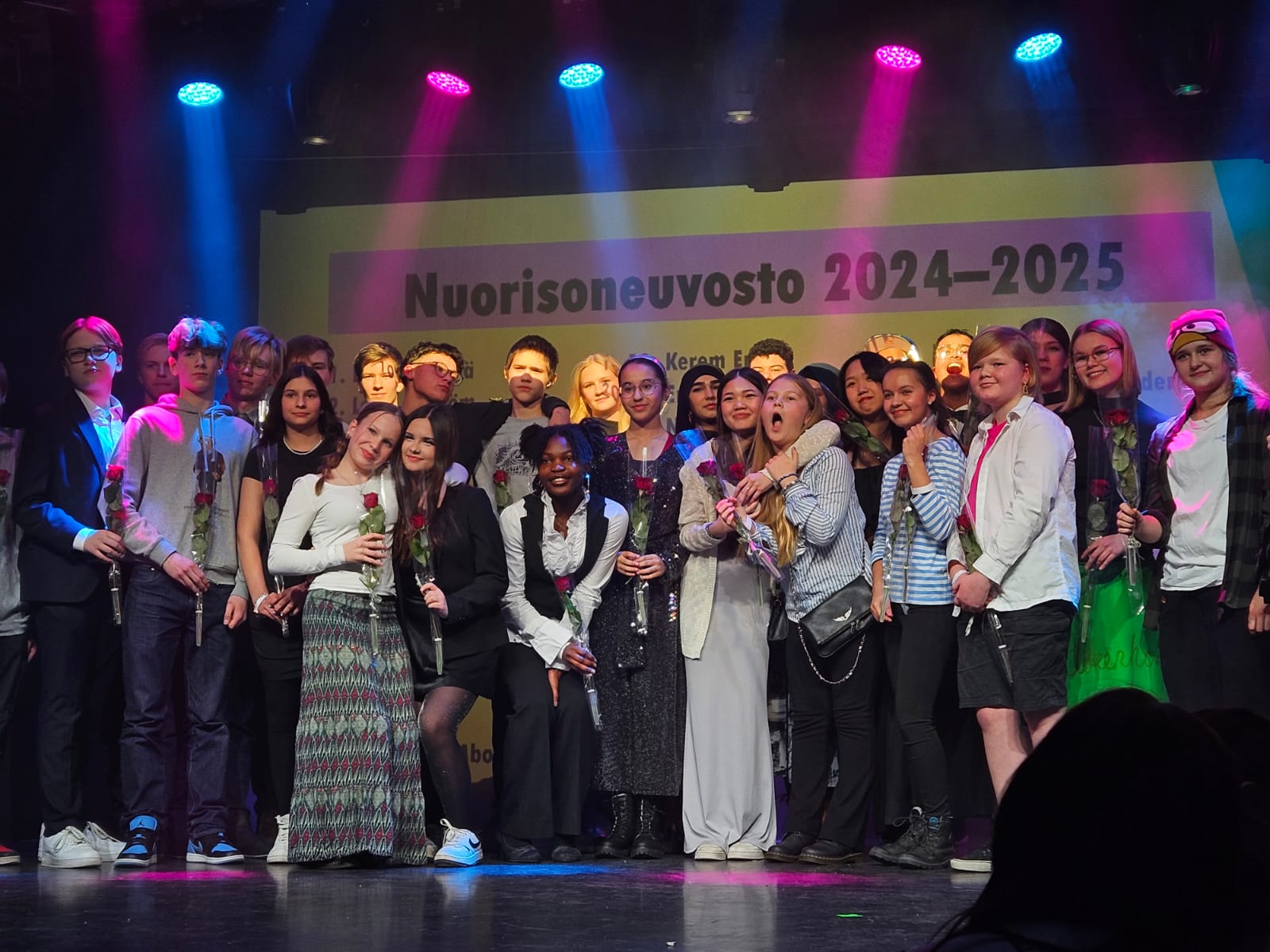
Helsinki Youth Council: Amplifying young voices in local governance
Established in 2013, the Helsinki Youth Council serves as a platform bridging young voices with local governance. Initially formed through collaborative efforts, it prioritised inclusive representation, addressing diverse youth concerns. Over the
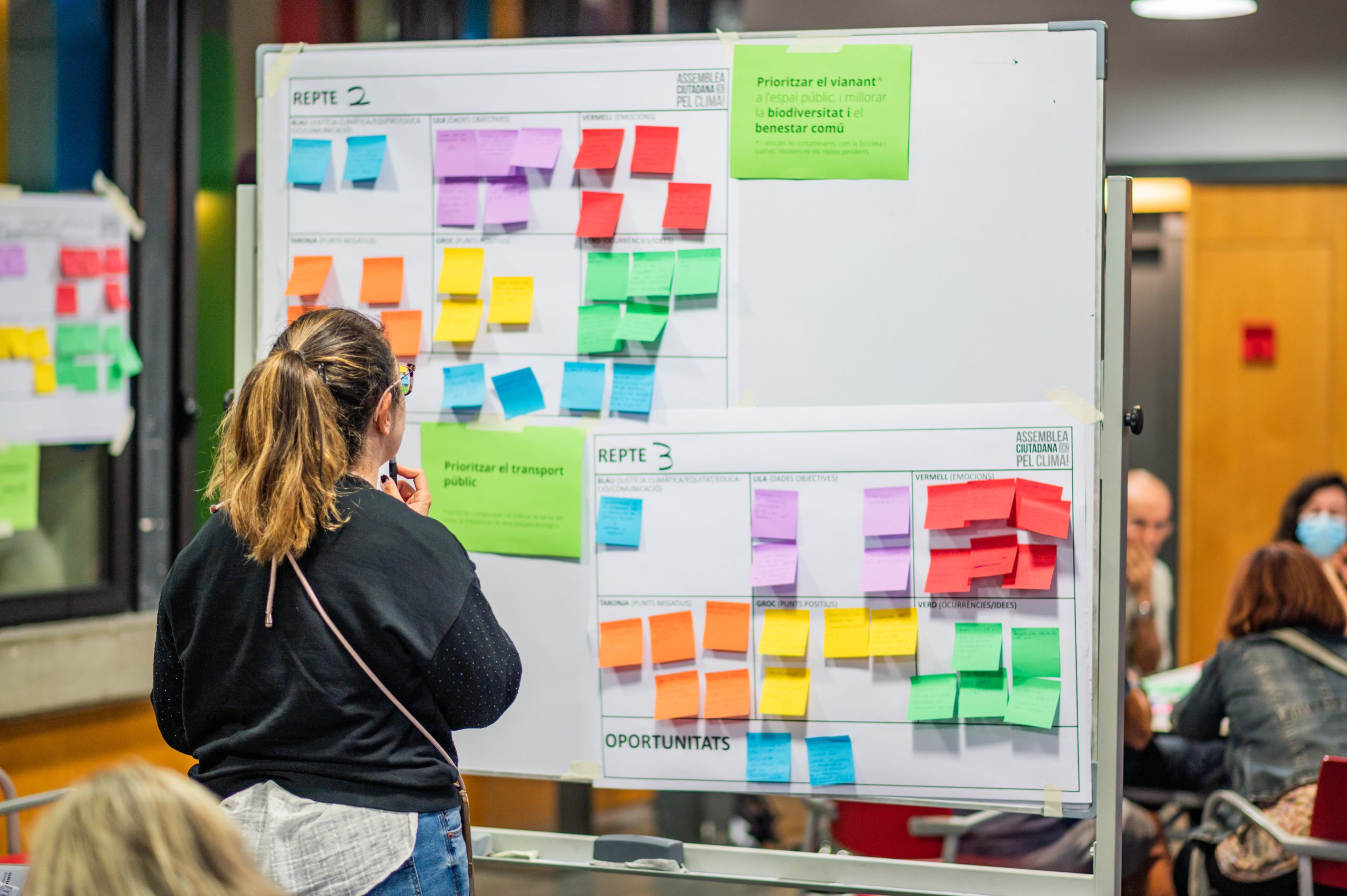
Barcelona’s Citizen Climate Assembly: civic engagement in decision-making
The Barcelona Climate Assembly, run by the city council, involved citizens in the decision-making process regarding climate change policies. The assembly was composed of randomly selected citizens who participated in
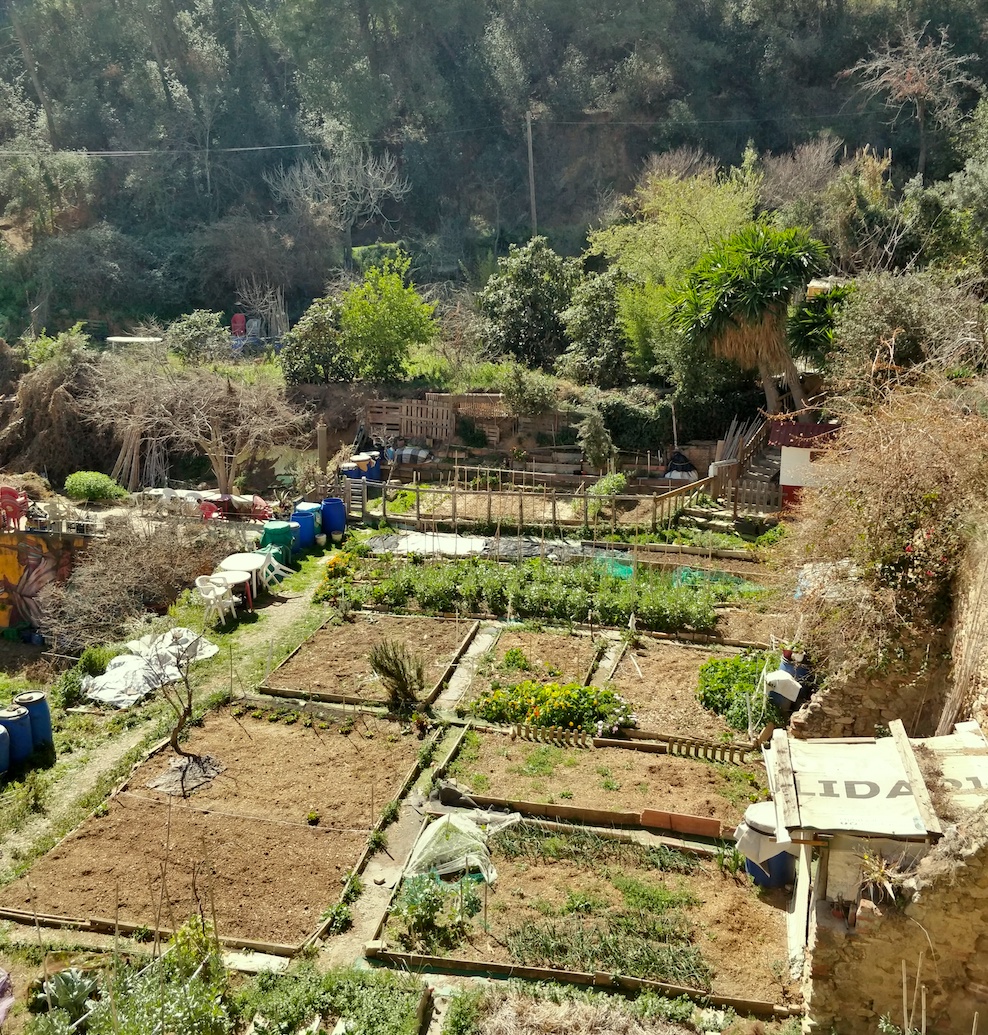
Barcelona’s pioneering efforts in fostering a sustainable and healthy food system
In the global pursuit of sustainable urban development, Barcelona has emerged as a pioneering city, leading the way in fostering a sustainable and healthy food system. This pursuit exemplifies the

Yourspace.Sutton community garden: Championing social inclusion
Yourspace.Sutton is more than a community garden. It provides workshops to kids, supports social therapeutic activities, and hosts local sustainable businesses in a horticultural environment. Tucked away in the back
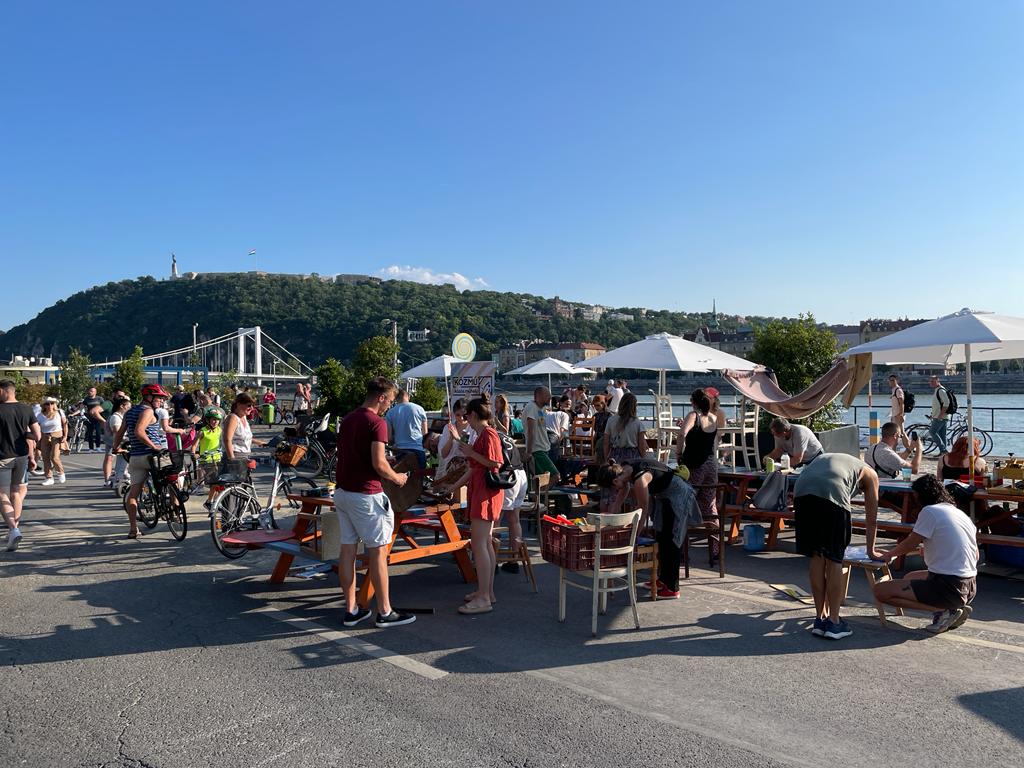
Resistant and resilient: perspectives for independent culture in Hungary
Independent culture is a vital ingredient of Hungary’s cultural landscape. While Budapest remains a thriving metropolis with a strong independent scene and many smaller towns also cultivate their alternative cultural
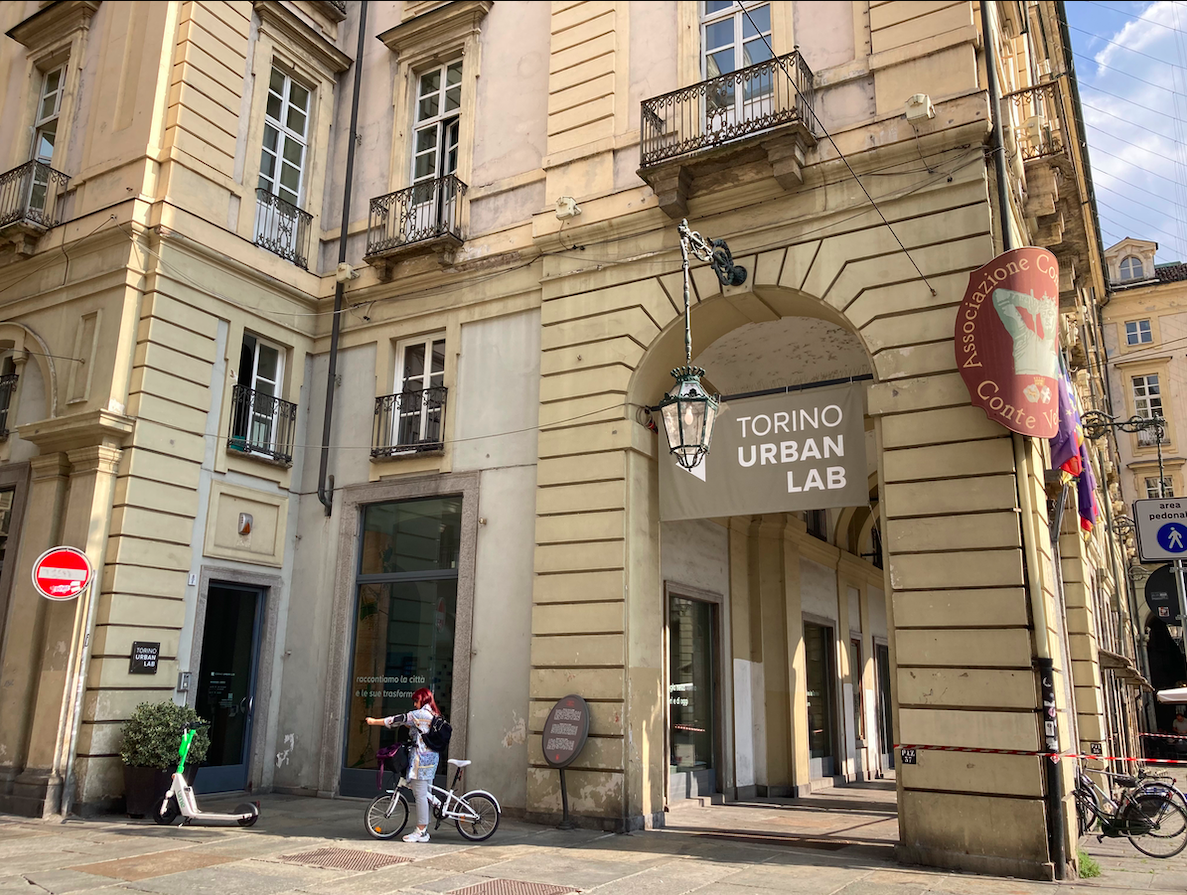
Urban Lab Torino: making sense of urban processes
Urban Lab Torino is an independent association that tells the story of the large-scale transformation of Turin and its metropolitan area. Working closely with the Turin Municipality, the Lab spreads
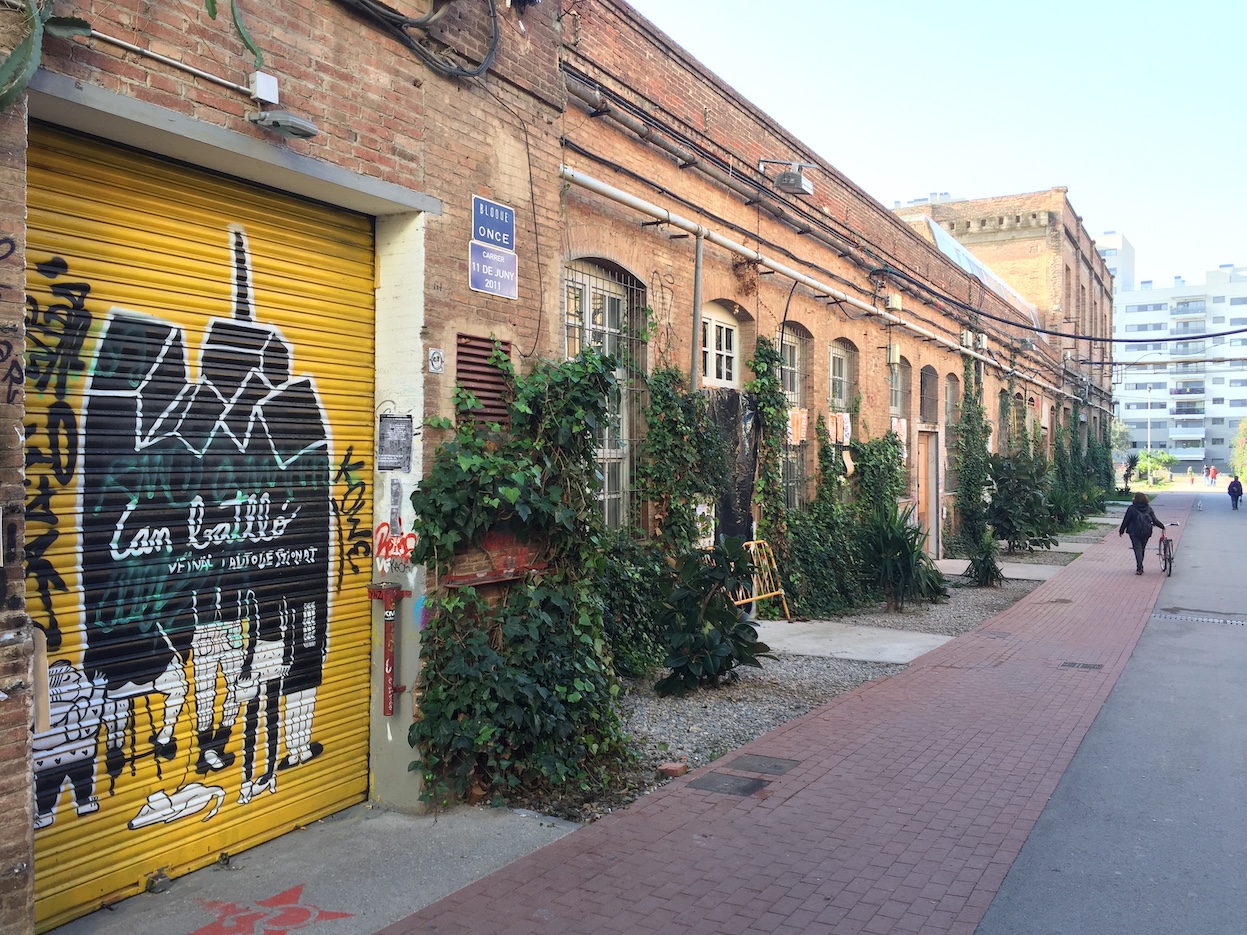
Measuring social return: The case of the community centre Can Battló
Like other major European cities, Barcelona has a great industrial heritage that can now be re-used for a new and different development of its urban life, regenerating spaces, places and
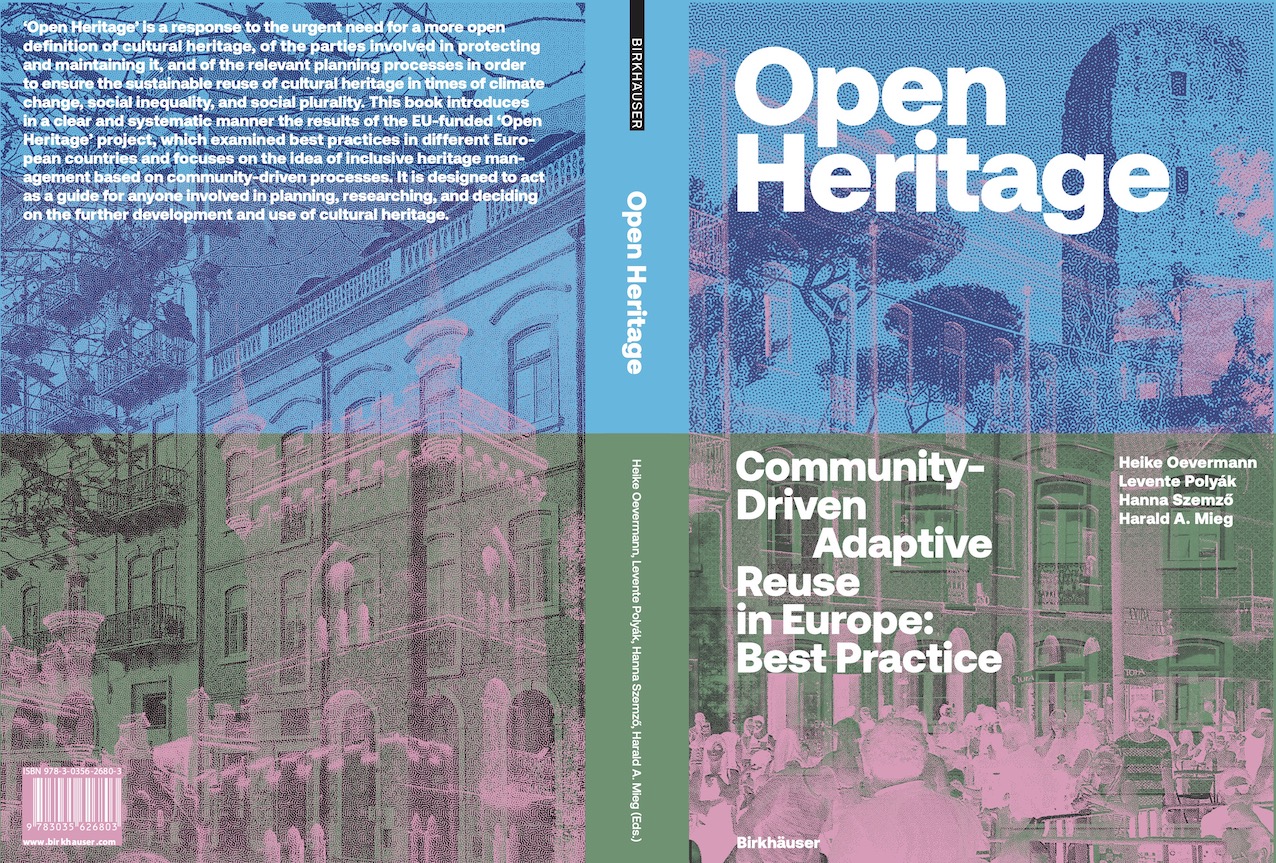
New book: Open Heritage. Community-Driven Adaptive Reuse in Europe: Best Practice
Heritage is a crucial component of our individual and collective identities, communities and social infrastructure as well as our urban and rural fabrics. Heritage assets, central to the imagination of
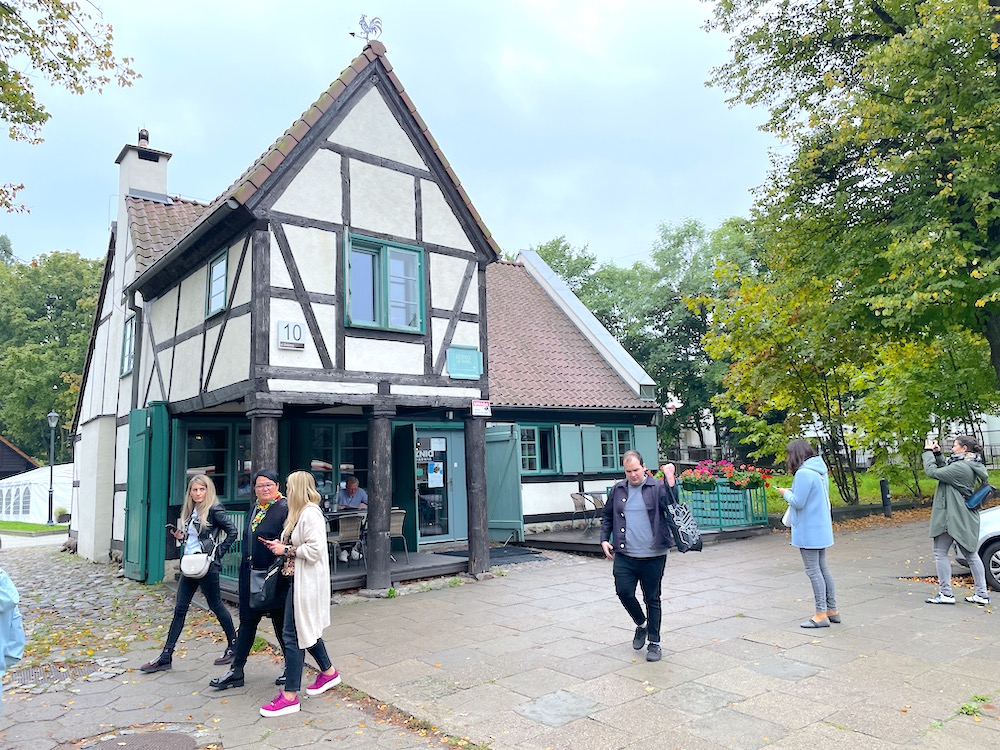
Inclusion as urban strategy: the innovation trajectory of Gdańsk
In the past decades, Gdańsk has followed a well-defined strategic path. Building one initiative on another, the city used European projects to strengthen the innovation capacity of the municipality and
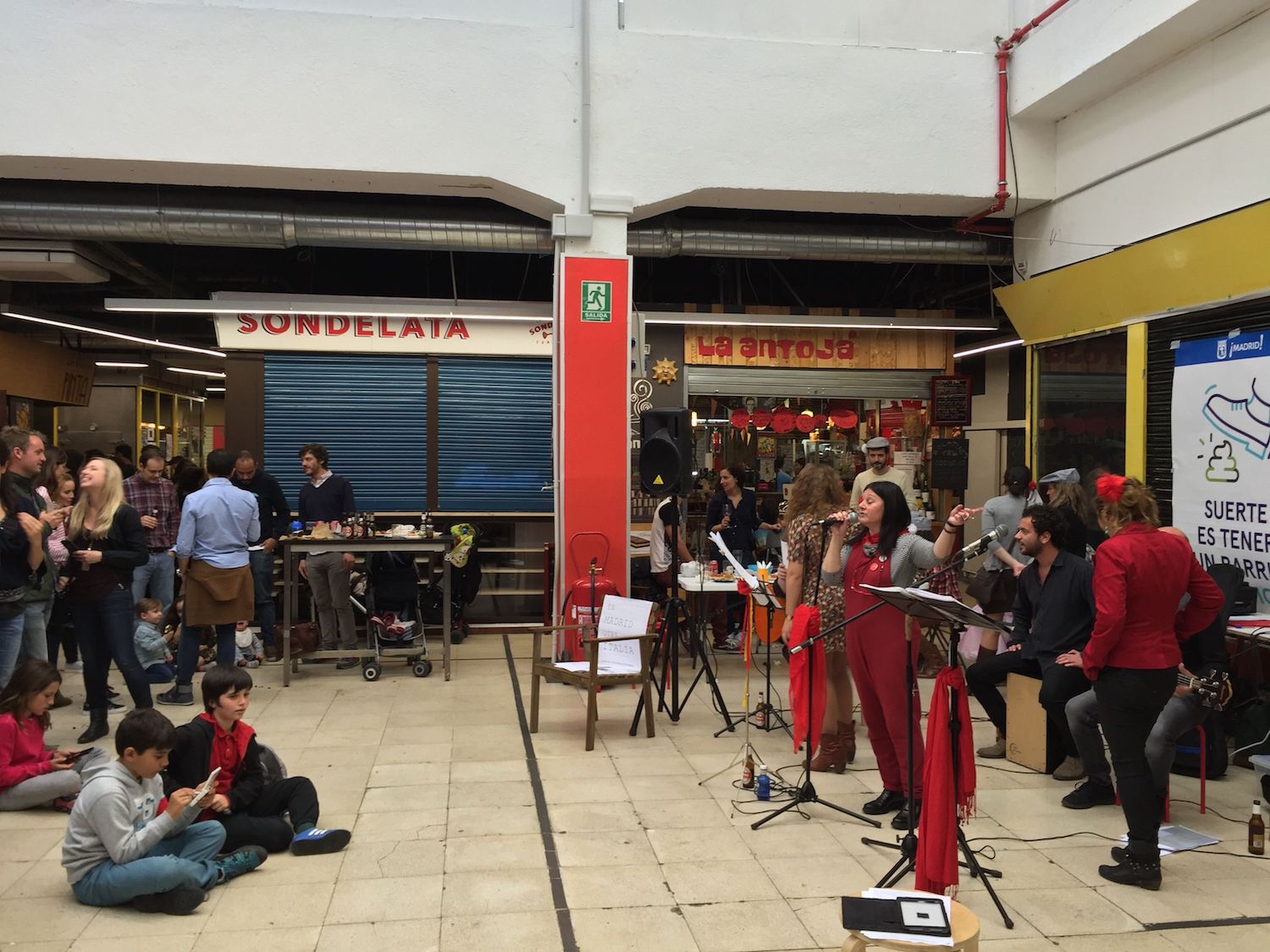
No single recipe to revive markets
Over the past decade, market halls and open air food markets have become an important arena for urban regeneration. Although many of today’s European cities are essentially built around markets
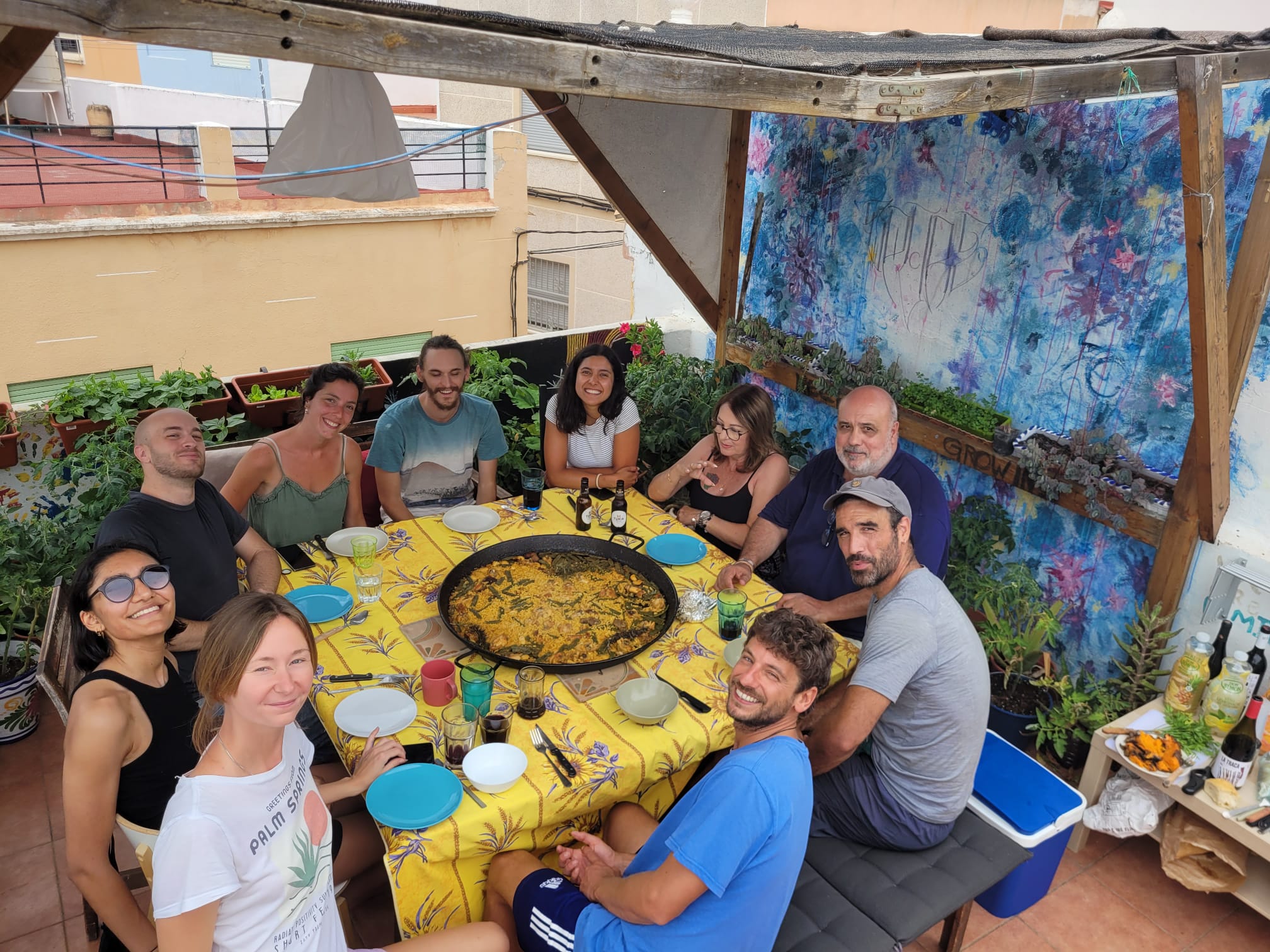
Spores Home – A self-sustaining co-living space that is a second home
Spores Home is a self-sustaining co-living space in Spain. Founded by an innovative entrepreneur, it offers affordable housing to people from various ways of life. With no on-site management, residents

